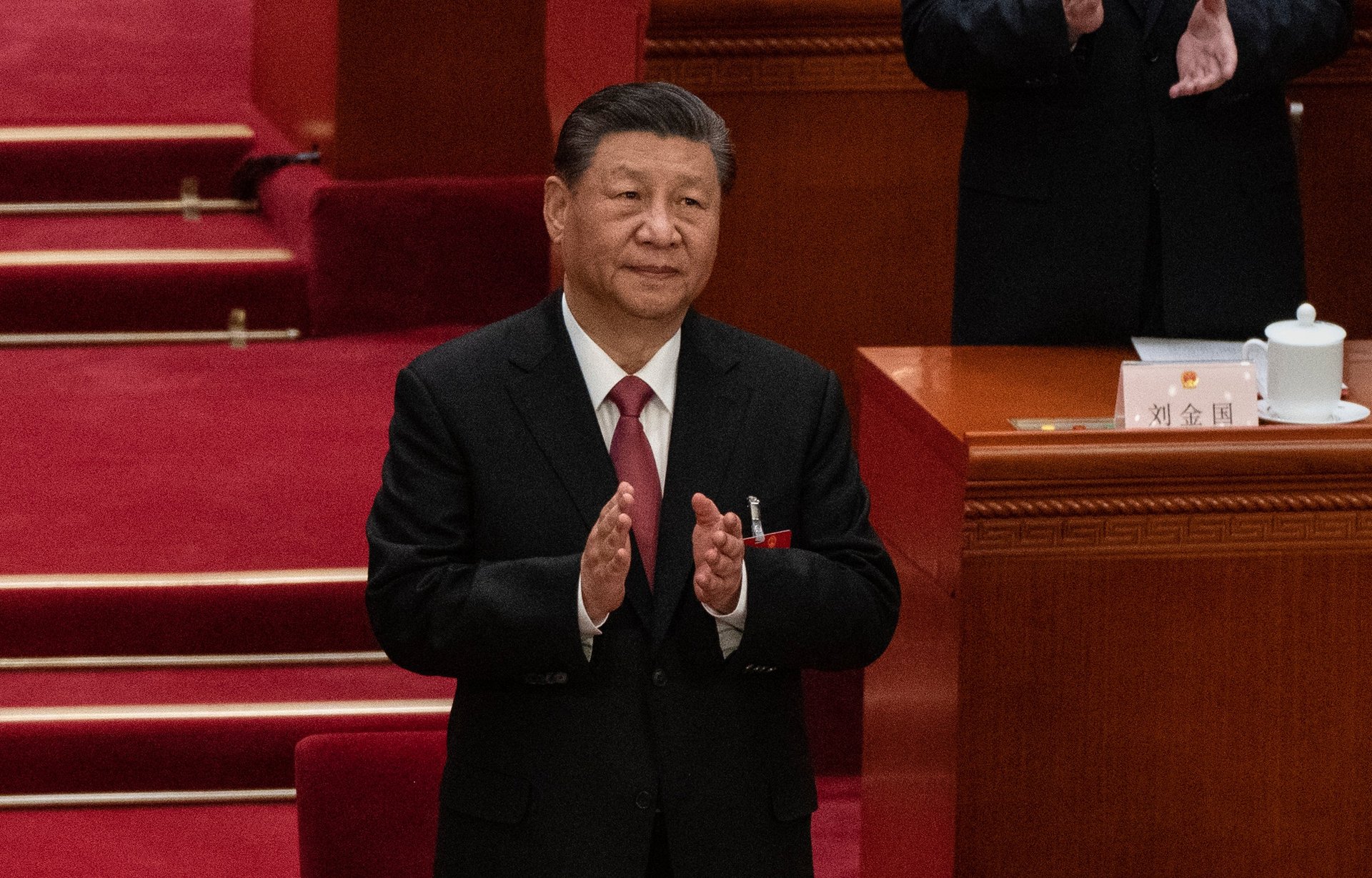China's president tells America's CEOs: Don't stop investing here
China's State Council released a plan to "attract and utilize" more foreign investment amid weak domestic demand

U.S. executives who extended business trips to China in anticipation of meeting with Chinese President Xi Jinping met with the leader Wednesday amid China’s efforts to attract more foreign investment.
Suggested Reading
The business leaders were in Beijing for the China Development Forum, which took place Sunday and Monday. Twenty U.S. executives — all men — including Stephen Schwarzman, founder and CEO of Blackstone, Cristiano Amon, president and CEO of Qualcomm, and Rajesh Subramaniam, president of FedEx, met with Xi, according to China’s Ministry of Foreign Affairs. The ministry did not immediately respond to a request for comment.
Related Content
The meeting between Xi and U.S. business leaders was organized by the National Committee on U.S.–China Relations, the U.S.–China Business Council, and Asia Society and took place for around 90 minutes, Reuters reported. None of the three organizations immediately responded to a request for comment on details of the meeting.
During the meeting, U.S. business leaders asked questions that Xi answered, a source told Bloomberg. The source also said Xi told the executives he wants investments from U.S. businesses, and that Chinese officials can handle issues with the country’s economy, which hasn’t peaked, according to Xi.
Xi reportedly said both countries should “seek common ground on major issues while reserving differences on minor ones,” and that “China’s reform will not stop and its opening up will not stop,” according to Bloomberg, which cited a readout from CCTV News. Xi added that China will have “major measures to comprehensively deepen reforms” and develop a “first-class business environment.”
Official data on China’s economy for January and February showed its industrial output rose 7%, beating a 5% increase forecasted by economists, and that the country’s retail sales also beat analysts’ expectations at 5.5% growth, although it was slower than the previous period’s 7.4% growth. However, investment in property development fell 9% during that period, and commercial real estate sales were also down.
In mid-March, China’s State Council released a plan to “attract and utilize” foreign investment into the country amid weak domestic demand, saying it is an “important force” for the country’s economic development. The 24 measures in the plan include shortening a list of restrictions on economic activities for foreign investment and giving foreign financial institutions more access to China’s market.
